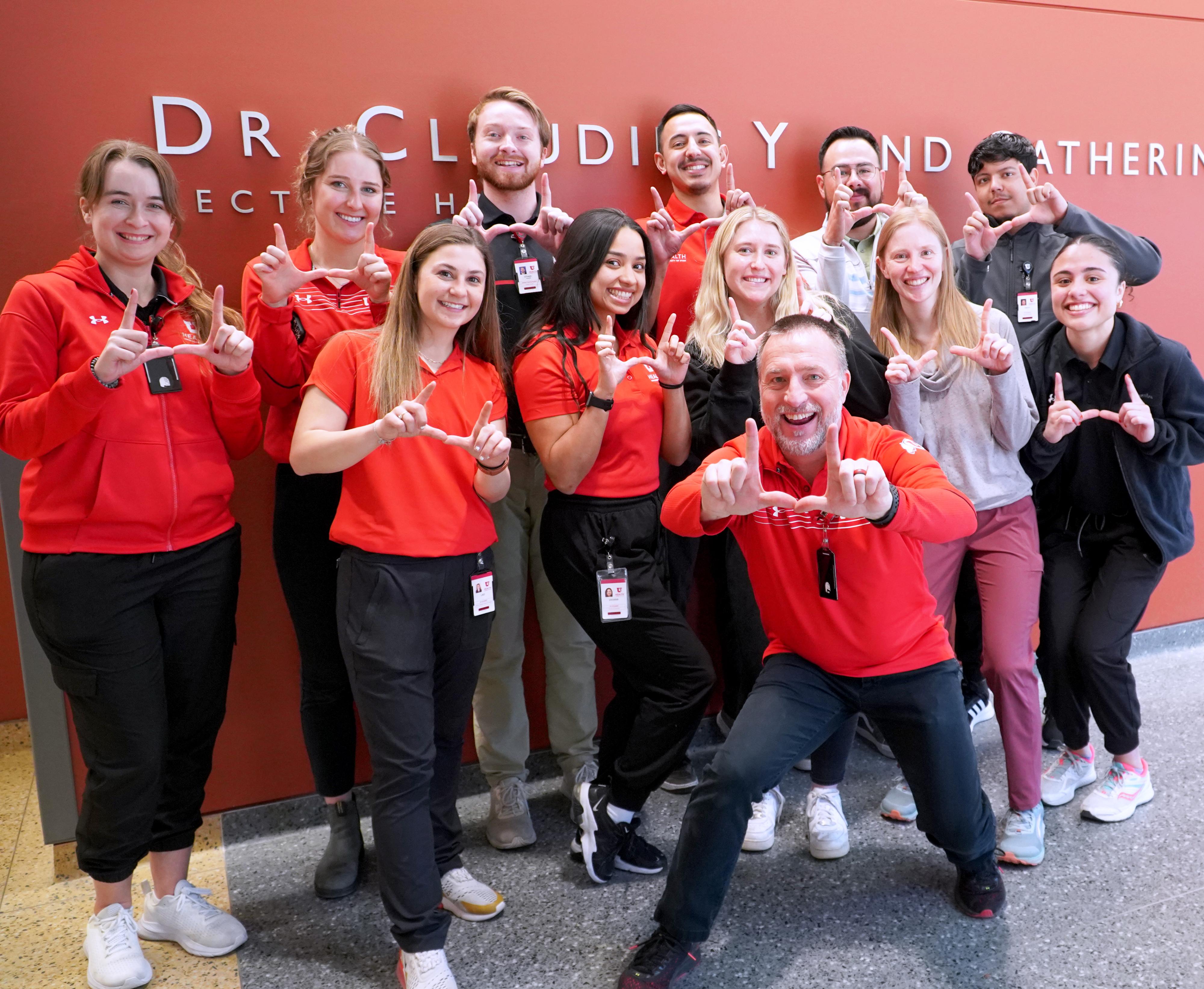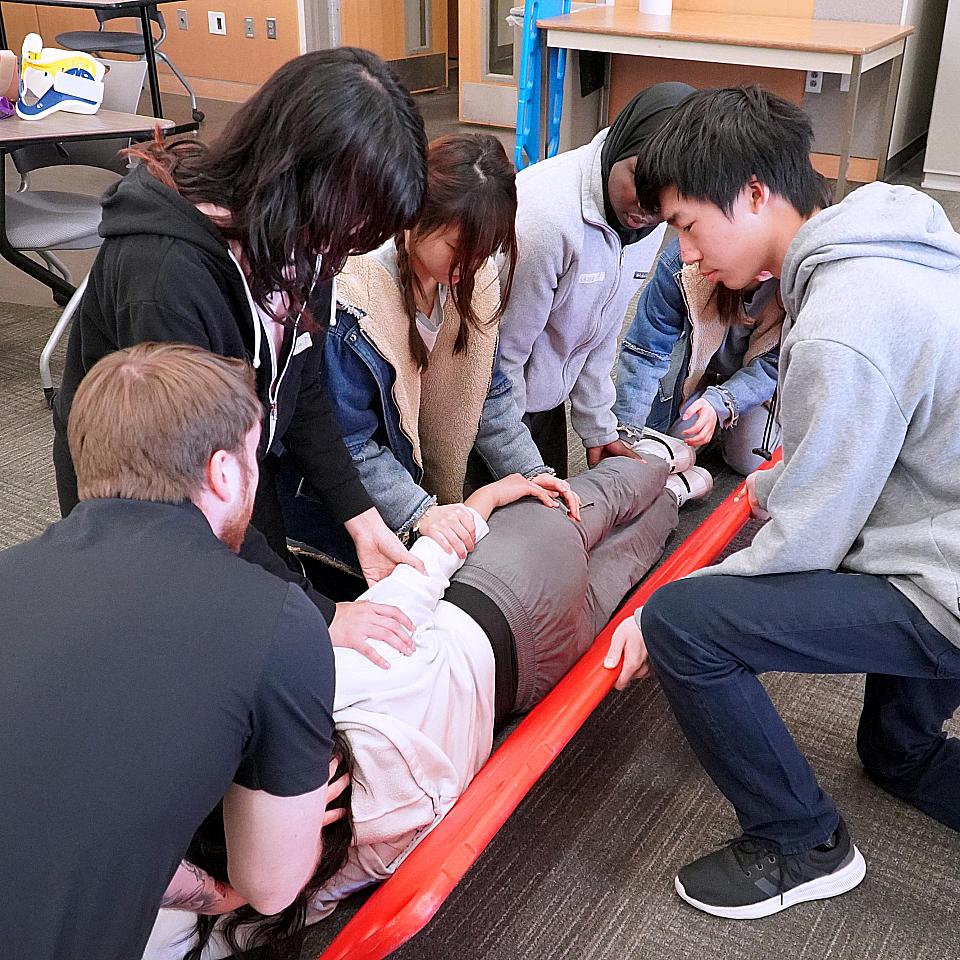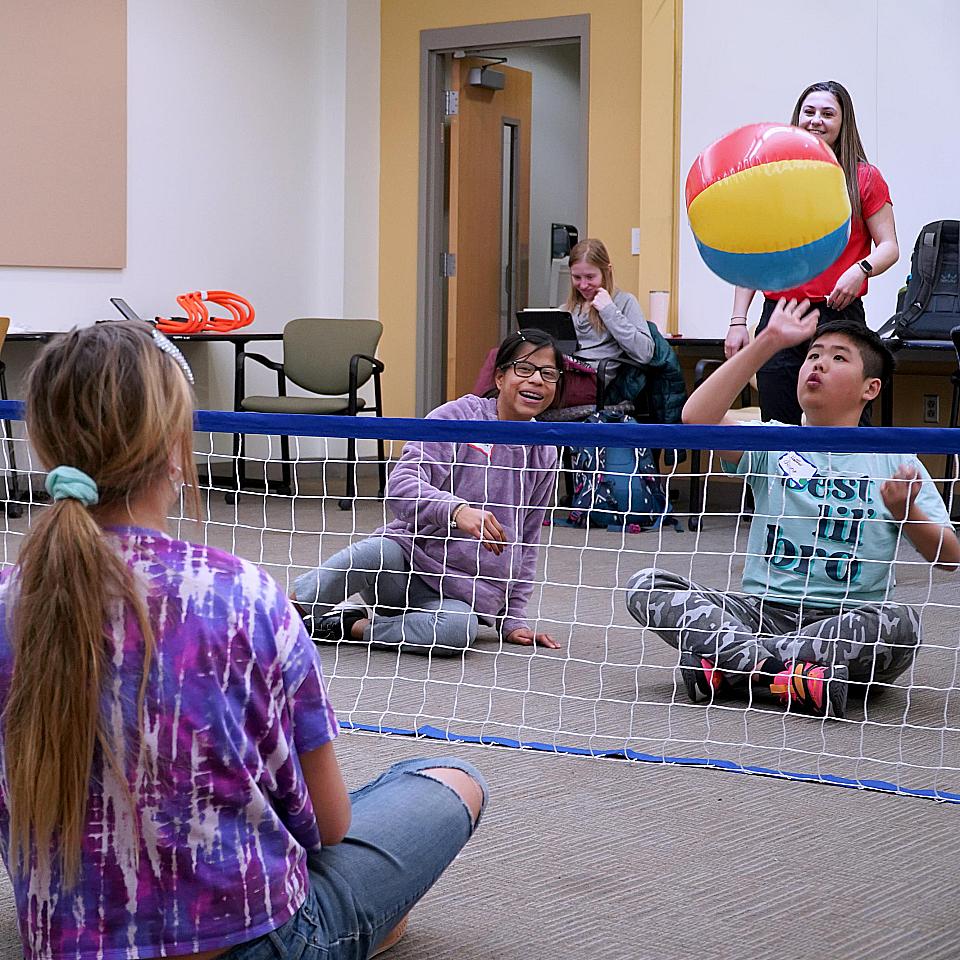

Both athletic trainers and recreation therapists play a crucial role in the larger modern health care landscape. Athletic trainers in sports and fitness and recreational therapy in the whole health concept.

Athletic trainers ensure athletes' well-being and optimal performance. Credited as the inaugural athletic trainer in the United States, James Robinson was born in Failsworth, Manchester, England, in 1847; Robinson, initially a veterinary assistant, also participated in famous walking races of that era. In 1878, Robinson emigrated to the United States, primarily focusing on horse training. Despite his equestrian pursuits, Robinson maintained an interest in "athletics," which was then synonymous with track and field events. His involvement with athletic training formally began when he was enlisted by the student-run athletic committee at Harvard to assist in coaching the track team during the Spring of 1881, marking his entry into the field of athletic training. Subsequently, in the Fall of 1881, Robinson's pivotal role extended to working with the Harvard football team, marking the inception of modern athletic training practices.
Along the same historical timeline as athletic training, the profession of recreational therapy has a rich historical context dating back to the 1850s when Florence Nightingale proposed the use of recreation experiences to enhance human well-being. This concept gained momentum, leading to the American Red Cross hiring recreation hospital workers in 1931. The term "recreational therapy" was coined by the Menninger brothers, advocating for its inclusion as a treatment for mental health disorders.
Today, both athletic trainers and recreational therapist are integral members of interdisciplinary treatment teams, addressing the psychosocial and physical rehabilitation needs of individuals. Recreational therapy (RT) utilizes physical recreation and activities like dancing, sports, hiking, cooking, or gaming to promote mental and physical health and Athletic trainers apply protective measures to assess and diagnose injuries, providing immediate emergency care, creating and executing rehabilitation plans for injured athletes and designing comprehensive injury and illness prevention programs. Both handle administrative duties such as maintaining injury records, writing reports on treatments and collaborating with health care professionals under the supervision of licensed physicians.
Athletic trainers cater to individuals across all age groups and skill levels, from children to professional athletes and military personnel, often being the primary health care responders during on-field injuries. Additionally, they regularly consult with team physicians or consulting health care providers to discuss treatment plans and evaluate patients' progress. Administratively, athletic trainers meet with athletic directors or other administrative personnel to address budgeting, purchasing, policy implementation and compliance with regulatory requirements.

On Saturday, March 18, the College of Health once again took center stage for Saturday Academy, with the 23 students, staff and faculty of the departments of Athlete Training and Recreational Therapy taking center stage to educate over 80 students from across the Wasatch Front in hands-on interactive stations on what it takes to become a top premier athletic trainer or recreational therapist. Students participated in multiple activities, including diagnosing and treating sports-related injuries and therapeutic exercises designed to assist in the recovery and rehabilitation from sports or recreational injuries.
Athletic trainers play a vital role in ensuring the well-being and performance of athletes, with James Robinson's legacy marking the beginning of modern athletic training in the United States. Today, their responsibilities encompass various tasks, from injury assessment to rehabilitation and administrative duties. The March Saturday Academy showcased the expertise of athletic trainers and recreational therapists, providing valuable insights into these professions for aspiring students. This event underscores the ongoing commitment of athletic trainers to promoting health and excellence in sports, fitness and recreation.
Mark your calendars for the final Saturday Academy of the academic year on May 18, 2024, where we will showcase the School of Dentistry for the first time. Registration is currently open; all 4-12th graders are encouraged to register for this exciting opportunity.